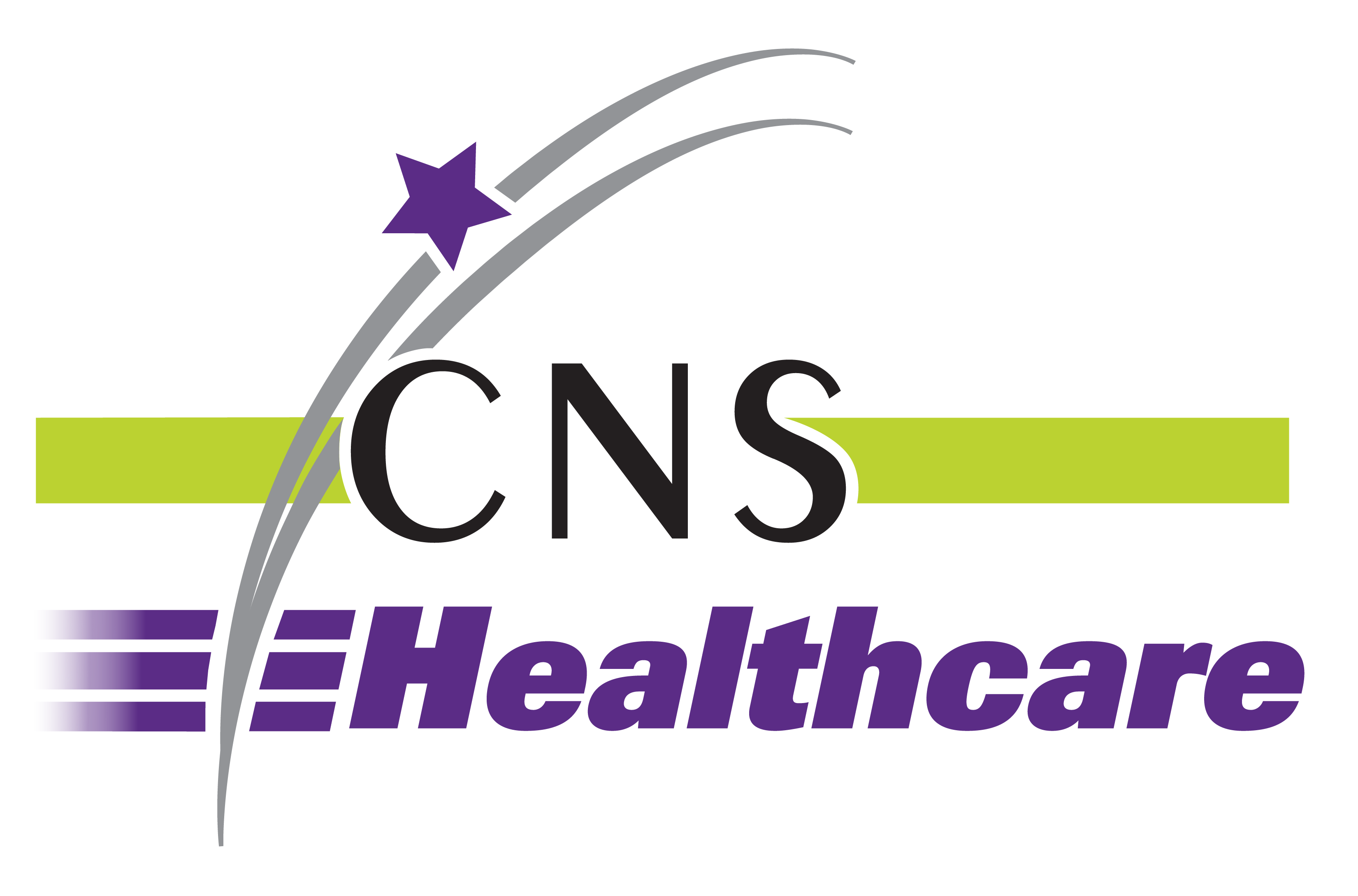Understanding Siponimod Tablets: Mechanism and Efficacy
Understanding the intricate workings of siponimod tablets involves delving into their sophisticated mechanism and therapeutic efficacy. Primarily developed as a selective modulator of the sphingosine-1-phosphate receptor, siponimod offers a novel approach in modulating the immune response, which is particularly significant in conditions marked by inflammatory processes. This unique mechanism allows for a reduction in lymphocyte migration into the central nervous system, offering potential relief for neurological conditions such as Tourette Syndrome (TS). Emerging studies suggest that its neuroprotective properties may extend its benefits beyond traditional applications, opening doors for treatment innovations in diverse medical fields.
In the realm of obstetrics and gynecology, the promise of siponimod tablets as a therapeutic agent is being increasingly recognized. Although their primary indication remains within neurological domains, ongoing research is investigating the potential benefits these tablets might bring to gynecological practices. The modulation of immune pathways presents a prospective avenue for addressing various gynecological disorders, which often involve inflammatory components. While traditional treatments have relied on more conventional pharmaceuticals, siponimod’s mechanism offers a contemporary alternative that could redefine therapeutic protocols.
Moreover, the investigation into the adjunctive use of arginine hydrochloride injection with siponimod tablets represents an exciting frontier. Arginine, known for its vasodilatory properties, may complement the immune modulation provided by siponimod, offering a synergistic effect that could enhance therapeutic outcomes. This combination is of particular interest for multifaceted conditions, including those bridging the gap between Tourette syndrome TS and systemic health issues addressed within obstetrics and gynecology. As research progresses, the full spectrum of siponimod’s efficacy is likely to be revealed, potentially reshaping therapeutic landscapes across multiple specialties.
Recent Studies on Siponimod for Tourette Syndrome Management
Recent studies have illuminated the potential of siponimod tablets as a promising therapeutic avenue for managing Tourette syndrome TS. Traditionally recognized for its efficacy in treating multiple sclerosis, siponimod has been observed to possess neurological effects that might be advantageous in modulating the complex neurochemical pathways involved in Tourette syndrome. In particular, the modulation of sphingosine-1-phosphate receptors by siponimod is thought to influence neuronal activity and connectivity, potentially alleviating the motor and vocal tics characteristic of the disorder.
Several clinical trials have embarked on exploring siponimod’s efficacy and safety profile specifically for Tourette syndrome TS. These studies have started to unveil encouraging results, showing not only a reduction in tic severity but also an improvement in the overall quality of life for patients. Such findings are critical as they open new possibilities for a condition often complicated by comorbidities, including ADHD and OCD. Additionally, the introduction of siponimod in this therapeutic space may reduce reliance on more conventional treatments that frequently carry undesirable side effects.
Beyond its neurological implications, the research journey into siponimod has sparked interest in broader applications, including in the realms of obstetrics and gynecology. Although primarily speculative at this stage, the drug’s impact on neuroinflammatory processes suggests potential utility in certain gynecological conditions. While more comprehensive studies are necessary, the intersection of siponimod with other compounds, such as arginine hydrochloride injection, could reveal novel synergies that benefit both Tourette syndrome management and other medical fields.
Gynecological Applications: Exploring New Benefits of Siponimod
In the dynamic field of obstetrics and gynecology, the emergence of siponimod tablets is paving new pathways for therapeutic interventions. Traditionally recognized for its efficacy in managing neurological conditions, siponimod’s application within gynecology is an evolving narrative, bringing forth potential benefits that are yet to be fully realized. The interplay of its mechanisms with hormonal and cellular pathways suggests a promising role in addressing complex gynecological disorders, potentially offering relief to conditions that have been traditionally challenging to manage.
Recent studies have hinted at siponimod’s ability to modulate immune responses, which could be leveraged in treating autoimmune-related gynecological conditions. This is particularly relevant in disorders characterized by inflammatory processes, where the regulation of immune activity is crucial. The synergistic effects with treatments such as arginine hydrochloride injection further expand the therapeutic toolkit available to clinicians, presenting a novel avenue for comprehensive patient care.
As research continues to unravel the multifaceted applications of siponimod tablets within gynecology, the hope is to establish a new standard in managing conditions with significant unmet needs. This ongoing exploration not only enhances our understanding of drug interactions in a gynecological context but also exemplifies the broader movement towards personalized medicine. The cross-disciplinary insights gained from studies in both Tourette syndrome TS and gynecological health are paving the way for innovative, targeted treatment strategies that could revolutionize patient outcomes.
Arginine Hydrochloride Injection: Complementary Role in Treatment
In recent years, the medical community has increasingly recognized the potential benefits of integrating various treatment modalities to address complex conditions. Within this landscape, arginine hydrochloride injection has emerged as a valuable adjunctive therapy, particularly in scenarios where comprehensive management is key. Known for its role in enhancing nitric oxide production, arginine hydrochloride can improve vascular health and promote healing, attributes that can be particularly beneficial in conjunction with other treatments such as siponimod tablets.
For patients grappling with the intricacies of Tourette syndrome (TS) and those within the realm of obstetrics and gynecology, the complementary use of arginine hydrochloride injection offers intriguing possibilities. In Tourette syndrome, where neurochemical imbalances play a critical role, the vasodilatory effects of arginine can help modulate neurological function and support more comprehensive treatment strategies. In the context of obstetrics and gynecology, the promotion of better blood flow and tissue repair by arginine supplements existing therapies, potentially enhancing outcomes in conditions that affect reproductive health.
The integration of arginine hydrochloride into treatment regimens, alongside innovations like siponimod tablets, underscores a holistic approach to medicine that values the interplay of multiple therapeutic agents. This synergy not only optimizes patient care but also reflects an evolving understanding of how seemingly disparate treatments can come together to offer new hope for those with complex health needs, such as individuals facing the challenges of Tourette syndrome or navigating the nuanced field of obstetrics and gynecology.
Safety and Tolerability of Siponimod in Clinical Use
The safety and tolerability of siponimod tablets in clinical use have been a focal point for researchers and healthcare professionals alike. As this medication garners attention for its potential applications beyond its initial scope, rigorous assessments have been conducted to ensure its viability for wider use. In clinical trials, siponimod has generally been well-tolerated among participants, with side effects often being mild to moderate in severity. Such outcomes are promising for patients with conditions like Tourette syndrome (TS), where the demand for effective management solutions continues to rise.
Notably, the use of siponimod tablets in the field of obstetrics and gynecology has sparked considerable interest due to its unique mechanism of action. Although initial research primarily focused on neurological conditions, the exploration into gynecological applications reveals potential benefits, paving the way for innovative treatments. Nevertheless, thorough monitoring is essential, especially when considering the complex hormonal milieu in gynecological patients, to prevent any unforeseen complications. Such precautions are crucial to uphold the standards of care in these sensitive medical areas.
Furthermore, the interaction of siponimod with other therapeutic agents, such as arginine hydrochloride injection, is a vital area of study. Understanding these interactions is pivotal, as they can influence both efficacy and tolerability, thereby impacting patient outcomes. By examining these dynamics, healthcare professionals can better tailor treatment plans that optimize therapeutic benefits while minimizing risks. As research progresses, the evolving insights into the safety profile of siponimod tablets will undoubtedly enhance its integration into various therapeutic regimens, offering new hope to patients across diverse medical disciplines.
Comparing Siponimod with Traditional Treatment Options
In recent years, the landscape of treatment for various conditions, including Tourette syndrome (TS) and applications in obstetrics and gynecology, has seen significant advancements with the introduction of novel medications like siponimod tablets. Traditionally, TS has been managed with a combination of behavioral therapies and medications such as antipsychotics and alpha-2 adrenergic agonists. These conventional treatments, while effective to a degree, often come with a host of side effects that can be particularly burdensome to patients, including weight gain, fatigue, and cognitive dulling. In comparison, siponimod offers a potentially less intrusive option, with its targeted mechanism that minimizes systemic side effects, providing a promising alternative for patients seeking relief from tic severity and frequency without the accompanying drawbacks.
In the realm of obstetrics and gynecology, traditional interventions have relied heavily on hormonal therapies and surgical options, which, while effective, often carry significant risks and side effects. The incorporation of siponimod tablets into treatment protocols could represent a paradigm shift, offering a non-invasive alternative with fewer risks. Although initially recognized for its role in multiple sclerosis, the expanding research on siponimod is uncovering potential applications in gynecological conditions, possibly due to its immunomodulatory effects. As the medical community continues to explore these benefits, there is a growing interest in how such a medication could transform patient care, offering a streamlined approach that may improve quality of life without the traditional side effects.
Moreover, the use of arginine hydrochloride injection as an adjunct to traditional therapies further highlights the evolving nature of treatment strategies in both TS and gynecological applications. Arginine hydrochloride has long been utilized for its beneficial role in metabolic pathways, but its integration with newer options like siponimod underscores a more comprehensive approach to patient management. When compared to traditional methods, the synergy of these treatments could potentially enhance therapeutic outcomes, offering patients not just a chance at symptom management, but also an opportunity for improved overall health and well-being. As men age, they may experience erection challenges. Understanding erectile dysfunction is essential. Treatments, like sildenafil citrate 100mg, can help. Consult a doctor for personalized advice and support. As clinical trials and studies continue to shed light on these innovations, it is evident that the future of treating these complex conditions may lie in the intricate balance of traditional and modern medicinal practices.
Future Directions in Siponimod Research and Developmen
As research into siponimod tablets continues to evolve, the scientific community is turning its gaze toward innovative applications and combinations that could redefine its therapeutic scope. One intriguing area of exploration is the potential synergy between arginine hydrochloride injection and siponimod, which might amplify its efficacy in managing symptoms of Tourette Syndrome (TS). The precise mechanisms by which these compounds interact could unlock new pathways for treatment, offering hope for those whose symptoms are resistant to conventional therapies. Researchers are enthusiastic about conducting clinical trials that could validate these early findings, paving the way for novel, more effective treatment regimens.
The journey of siponimod tablets doesn’t stop with neurology; its implications are steadily weaving into the fabric of obstetrics and gynecology. Here, the focus is on understanding how siponimod might influence hormonal pathways and reproductive health, potentially offering new solutions for conditions that have long eluded satisfactory treatment. Scientists are particularly interested in examining its impact on chronic gynecological issues and its safety profile during pregnancy, aiming to ensure that any future applications do not compromise maternal or fetal health. This line of research is crucial, as it could introduce a new era of patient-specific treatments in gynecological practice.
Looking ahead, the future of siponimod research promises to be as dynamic as it is promising. Beyond its current indications, the drug’s potential role in cross-disciplinary treatments is an exciting frontier. Collaborations between neurology and obstetrics and gynecology experts are anticipated to yield integrated approaches that benefit a broader spectrum of patients. Moreover, as new insights emerge from ongoing studies, the landscape of therapeutic strategies for complex disorders like Tourette Syndrome (TS) may be transformed, offering a beacon of hope for patients and clinicians alike. Ultimately, the future of siponimod is one of possibilities, driven by relentless inquiry and a commitment to improving patient outcomes across various medical fields.








